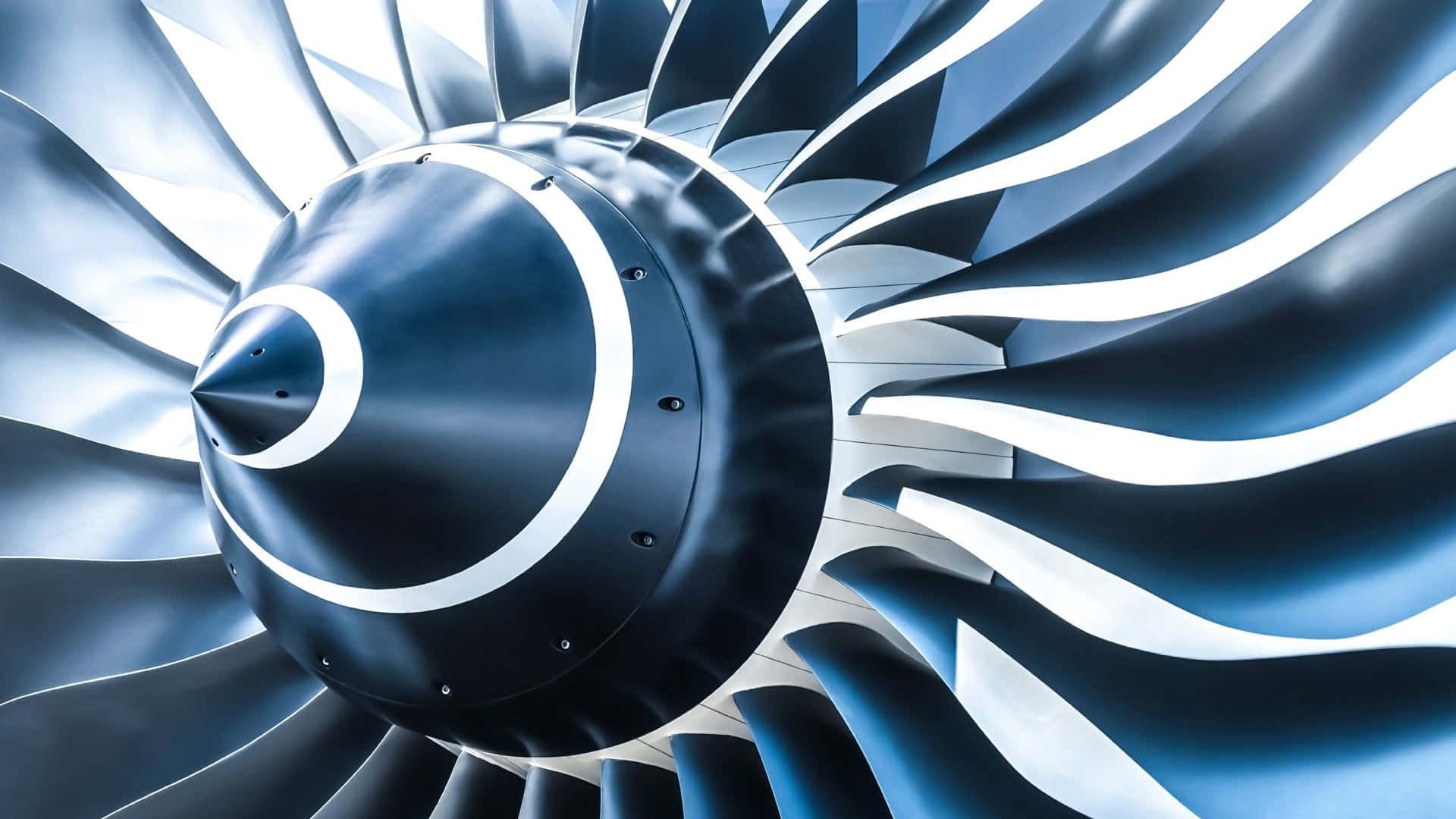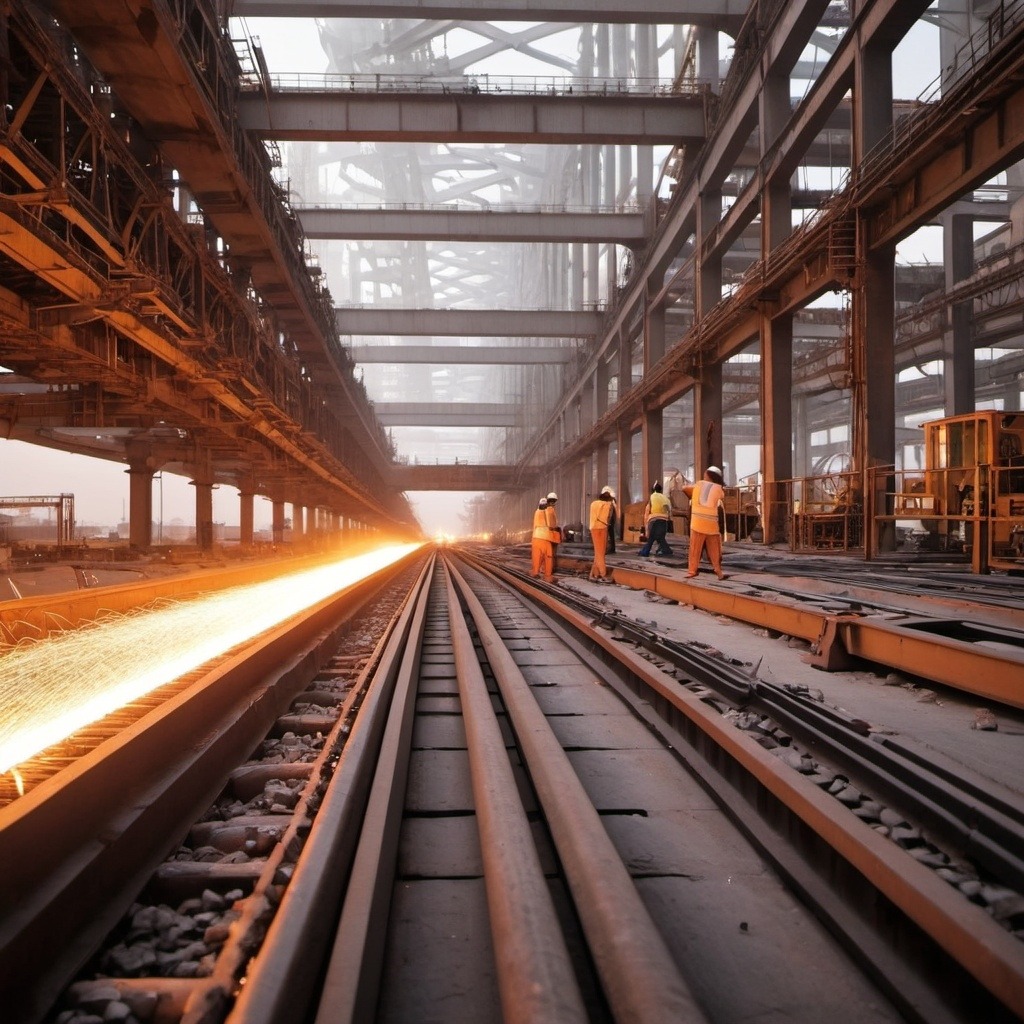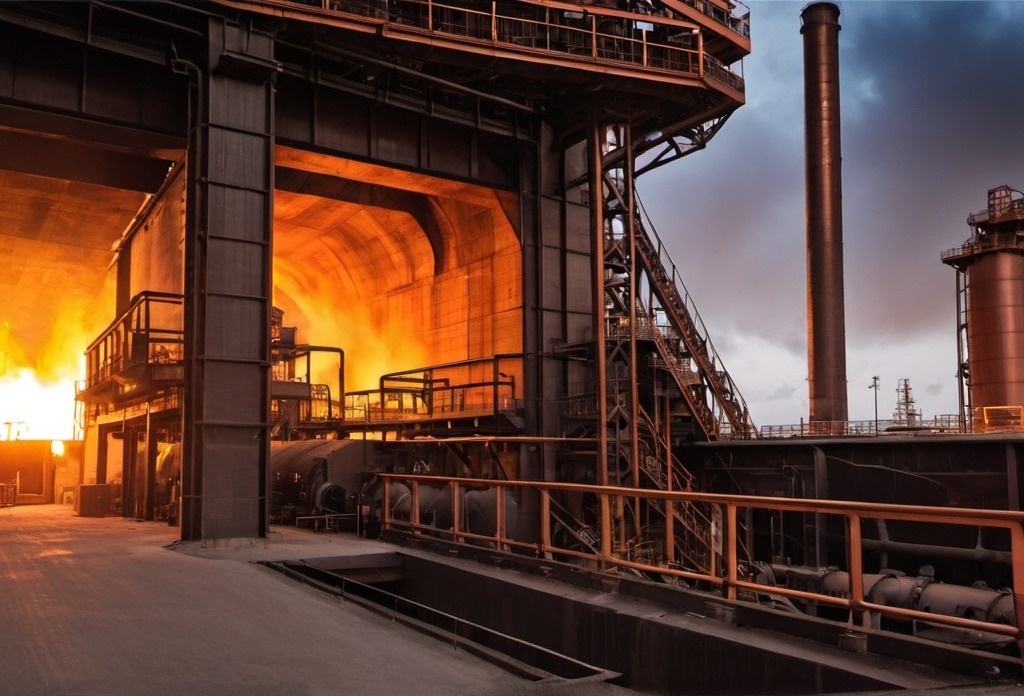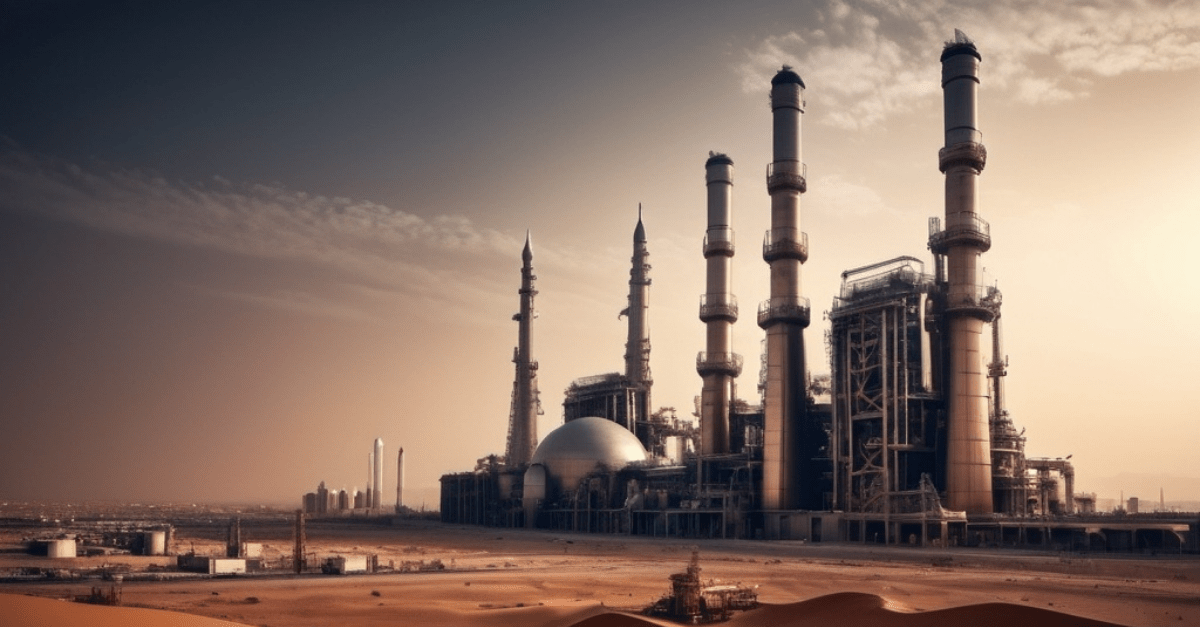Authors:
Dr. Yasser Aboura Senior Project Manager/ Metallurgist
Emilio Riva Managing Director Steel Hub Group
Steel Hub, founded in 2016, is a technical consultancy specialising in offering customised solutions for the steel industry. We work together with our clients to deliver practical solutions to their company achieving optimised plant performance and long-term value, we proceed by engaging our diverse team of technical consultants, who are equipped to address every need.
_______________________________________________________________________________________________________________________
Snapshot of the current state of the UK steel industry
The UK steel industry is facing unprecedented challenges, including intense international competition, global oversupply, decarbonisation requirements, and high energy costs. These factors have made UK’s low-carbon steel produce less competitive than steel from regions with lower carbon emission costs. In 2023, the UK produced 5.6 million tonnes of crude steel, contributing £2.3 billion to the economy in gross value-added products. This accounts for 1.0% of manufacturing output, supporting 1,160 businesses and 40,000 employees—0.1% of all jobs nationwide [1].
As a foundational industry, steel is essential for the UK’s transition to a low-carbon economy, underpinning advancements in wind turbines, electric vehicles (EVs), and green infrastructure. It also supports key strategic industries such as automotive, construction, domestic goods, transport, and defense. Losing the domestic steel industry to external competition poses significant security risks, especially in today’s uncertain geopolitical climate.
The UK government is actively promoting sustainable steel production
The UK government is actively collaborating with the steel industry to safeguard its future. A new steel strategy, set to launch in spring 2025, aims to boost investment, strengthen supply chains, and create well-paid jobs in key regions. The government has allocated £2.5 billion to support the industry, in addition to the £500 million transformation package agreed upon with Tata Steel UK [1].
Complementing this, the National Wealth Fund (NWF) will provide £5.8 billion for green steel, green hydrogen, carbon capture, and related projects. These investments are critical for ensuring the industry’s long-term sustainability [1].
The Carbon Border Adjustment Mechanism (CBAM), scheduled for implementation in the EU by 2026 and in the UK by 2027, is another critical measure to protect the environment and domestic steel industry. CBAM will impose a carbon price on imported steel, aligning it with the costs faced by domestic producers under the UK Emissions Trading Scheme (UK ETS). This mechanism aims to prevent carbon leakage, ensure fair competition, and support the decarbonisation of UK-made steel by curbing imports of high-emission steel that could undercut local production.
However, CBAM’s effectiveness will hinge on timely implementation and close coordination with international partners to minimise market distortions and ensure equitable trade practices.
Transition from integrated routes (blast furnace/BOS) to EAF-powered steel production
The UK steel industry is under significant pressure to achieve “sustainable” ᵃ decarbonisation in line with the government’s net-zero greenhouse gas emissions target for 2050. A major focus is the electrification of steelmaking, replacing the traditional integrated route of blast furnace/BOS steel production with Electric Arc Furnaces (EAFs).
The UK’s steel industry includes five main producers:
- Tata Steel UK – Flat products
- British Steel (Jingye) – Long products
- Liberty Steel UK – Long and flat products, speciality steels
- Celsa Group – Long products
- Marcegaglia UK– Stainless steel long products
Of which
- Tata Steel UK closed its last blast furnace in September 2024 and is transitioning to EAF production.
- British Steel Jingye’s ultimate plan is to close its 2 remaining blast furnaces in the near future, shifting to 2 EAF’s at its Scunthorpe site.
Liberty Steel UK, Celsa Group, and Marcegaglia also operate EAFs, though Liberty UK steel production levels are limited. The transition represents a significant step toward greener steelmaking processes. In the following, a more detailed account of these companies’ decarbonisation initiatives is provided.
ᵃ Balance environmental goals with economic success
Decarbonisation initiatives by major UK steel producers
Tata Steel UK, Port Talbot
TataSteel UK is at the forefront of the decarbonisation transition, in fact they are riding at the crest of the decarbonisation wave in the UK. On September 18, 2024, Tata Steel UK announced an order with Tenova for a large EAF as part of its £1.25 billion ‘INVICTUS’ decarbonization project, co-funded by Tata Steel Group (£750 million) and the UK government (£500 million) [2].
The INVICTUS project includes:
- New Ladle Furnaces (x 2) • Upgrade of two Continuous Slab Casters • Upgrade of the Hot Strip Mill (new Coilbox and Shear) • New Continuous Pickle Line (linked to Tandem Cold Mill)
In addition to the main INVICTUS decarbonisation plan Tata Steel UK are also investigating in downstream decarbonisation at their other plants in the UK;
- Trostre – Packaging Steel (Tin Plate) • Llanwern – Strip Products (HDGL) • Shotton – Strip Products (HDGL/CCL’s) • Corby – Tubes • Hartlepool – Pipes and Tubes.
British Steel Jingye, Scunthorpe
British Steel (BS) Jingye is in discussions with the government for funding to support its UK operations. Jingye has committed to provide the majority of the funding with the remaining funding expected from the government’s £2.5 billion allocation for steel.
After investigating various options they have selected to install 2 EAF’s (130T) at Scunthorpe. However, challenges such as electrical supply from the grid remain. Additionally, BS Jingye is exploring downstream decarbonisation projects at Scunthorpe, Teesside, and Skinningrove.
Celsa Group UK
Celsa’s UK operations have maintained stable annual production levels above 600,000 tonnes. The company also repaid a £30 million emergency COVID loan in full, showcasing its resilience and financial stability amidst a dynamic industry landscape.
In 2023, Celsa transitioned from family ownership to being managed by a consortium of banks. Recently, its mills in Spain and the UK were acquired by the Czech private equity firm Se.ven GI in late November, with Reuters’ industry sources citing a purchase price of €600 million ($632.10 million) [4].
Steel Hub Client Results
Steel Hub played a pivotal role in facilitating this acquisition by conducting a comprehensive technical due diligence on behalf of the acquirer, Se.ven GI. This involved validating operational performance indicators, assessing the condition and remaining lifetime of the EAF and rolling mills, and outlining CAPEX investments required to sustain plant performance for a period of over 10 years. This collaboration highlights Steel Hub’s capability to deliver strategic value in high-profile industry transactions.
Discover the full story
Marcegaglia UK
In early 2023, Marcegaglia completed the takeover of Outokumpu UK. A five-year plan aims to double production from 250,000 tonnes to 500,000 tonnes. In September 2024, the company invested €50 million with Primetals to modernize its EAF and upgrade its melt shop[5].
Liberty Steel UK
In early 2023, Liberty Steel UK restructured, closing two plants and stopping primary steelmaking at another, resulting in over 400 job losses. Despite financial constraints, the company is focusing on its Specialty Steel UK business. , mainly specialty steels for the aerospace industry. Plans are underway to reduce debt, attract new capital, and expand operations [3].
Supporting the Transition: Steel Hub
In this article, we summarised the actions of both the UK government and UK steelmakers’ towards the transition into green steel production.
These unprecedented changes in the steel industry will require UK steel companies to steer through a green transition during very difficult market conditions. The circumstances are made more difficult due to the loss of skilled workforce resulting from the decline of the steel industry in the UK. Despite the challenges, the speed of these changes and the capability of steel makers to adapt will determine if steel production in the UK will be able to survive in the next few decades
Steel Hub is well-positioned to support steelmakers and related stakeholders in the transformation towards sustainable steel production. It offers fast-turnaround technical expertise, assisting project management teams in critical areas such as the transfer of know-how for electric steelmaking, introduction of high-quality grades in EAF processes, and the specification of technical equipment essential for modern steelmaking operations.
References:
- Ilze Jozepa, 2024,UK Steel Industry: Statistics and policy, House of Commons Library.
- Tata Steel signs contract with Tenova for electric arc furnace at Port Talbot plant | Reuters, accessed 18/12/2024
- UK’s Liberty Speciality Steel could go insolvent | Latest Market News, accessed 18/12/2024
- Spain’s Celsa sells British and Norwegian steel mills to Sev.en GI | Reuters, accessed 18/12/2024
- Marcegaglia Stainless Sheffield to invest £50m in new EAF accessed 18/12/2024



